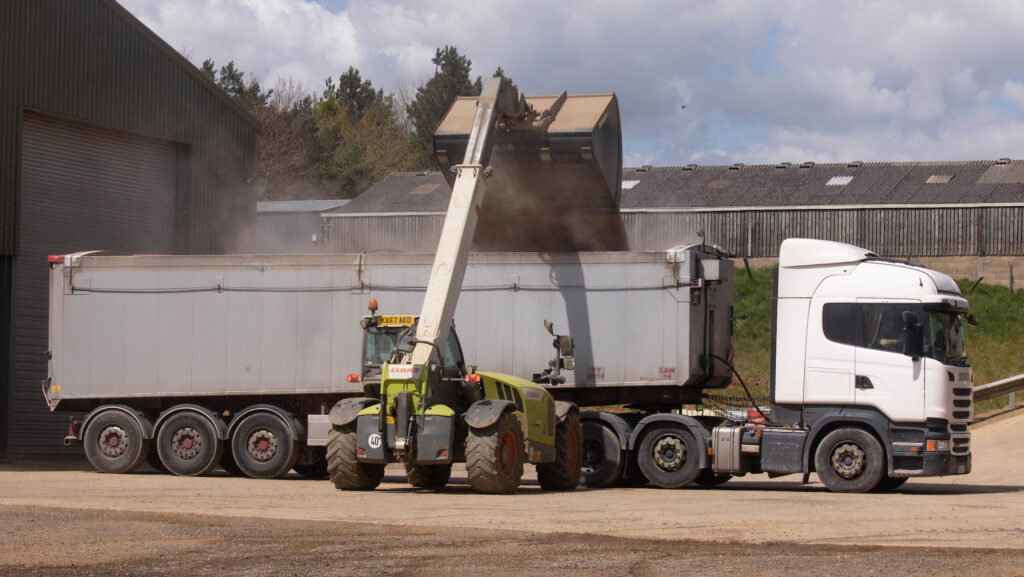Cost-price imbalance takes toll on farm profits in 2023
 © Tim Scrivener
© Tim Scrivener Falling returns to arable farmers from harvest 2023 were behind a 19% drop in farm profitability in England, with lower prices and yields – especially for wheat – taking their toll.
Latest Total Income From Farming (Tiff) figures from Defra – measuring the total profit for all farm businesses – show that, overall, farming in England made a net return of £4.5bn in 2023.
See also: Find all our market price information in one place
That was down 19% from the £5.6bn achieved in 2022, which itself was a record high, thanks to inflated commodity prices in the wake of the war in Ukraine.
“This decrease in Tiff was driven by large decreases in crop outputs, marginally offset by a fall in intermediate consumption (input costs),” said a Defra statement.
Crop and stock revenue
In terms of pure output, total crop revenue dropped by £1.5bn to £9.9bn in 2023.
“The area and yield of wheat planted in England fell between 2022 and 2023 by 5.3% and 5.6% respectively,” said Defra.
“Easing of prices in the UK throughout 2023 from the historically high prices of 2022 also contributed to the decline in the value, with milling wheat and feed wheat prices down by 13% and 21.6% respectively.”
The value of all livestock and their produce was more stable at £12.4bn.
“An increase in poultry output of £380m offset a £353m decrease in the value of milk,” said the statement.
Input costs
But while total agricultural revenue was lower in 2023, production costs remained stubbornly high at £15bn, the Defra figures confirm.
“The value of most intermediate consumption items remained stable with the notable exception of fertiliser, which decreased by £337m following easing of prices on the global market,” said Defra.
Animal feed made up the bulk of all farm costs, dropping just slightly in 2023 to £5.46bn.
English farmers also faced a fall in the level of subsidies in 2023.
According to the Defra figures, “subsidies not linked to production” fell from £1.742bn in 2022 to £1.719bn last year – down some £23m.
Income from diversified activities, however, grew, from £1.321bn to £1.393bn.
Reaction
Commenting on the figures, NFU president Tom Bradshaw said the demonstrated the volatile environment in which farmers and growers are trying to make a living.
“Since the survey ended in December, we have seen record levels of rain and flooding which have contributed to a huge drop in confidence among farmers and put a real question mark over this year’s harvest,” he said.
“In fact, AHDB’s latest planting and variety survey shows a worrying decline in crops planted this year, with the total wheat area estimated to be the second smallest since 1981.
“While farmers are well used to dealing with variation year on year, the volatility we’ve seen in the last few years isn’t sustainable.
“Food security is national security, and that’s why we need the new government to be prioritising food production in its policymaking.”
